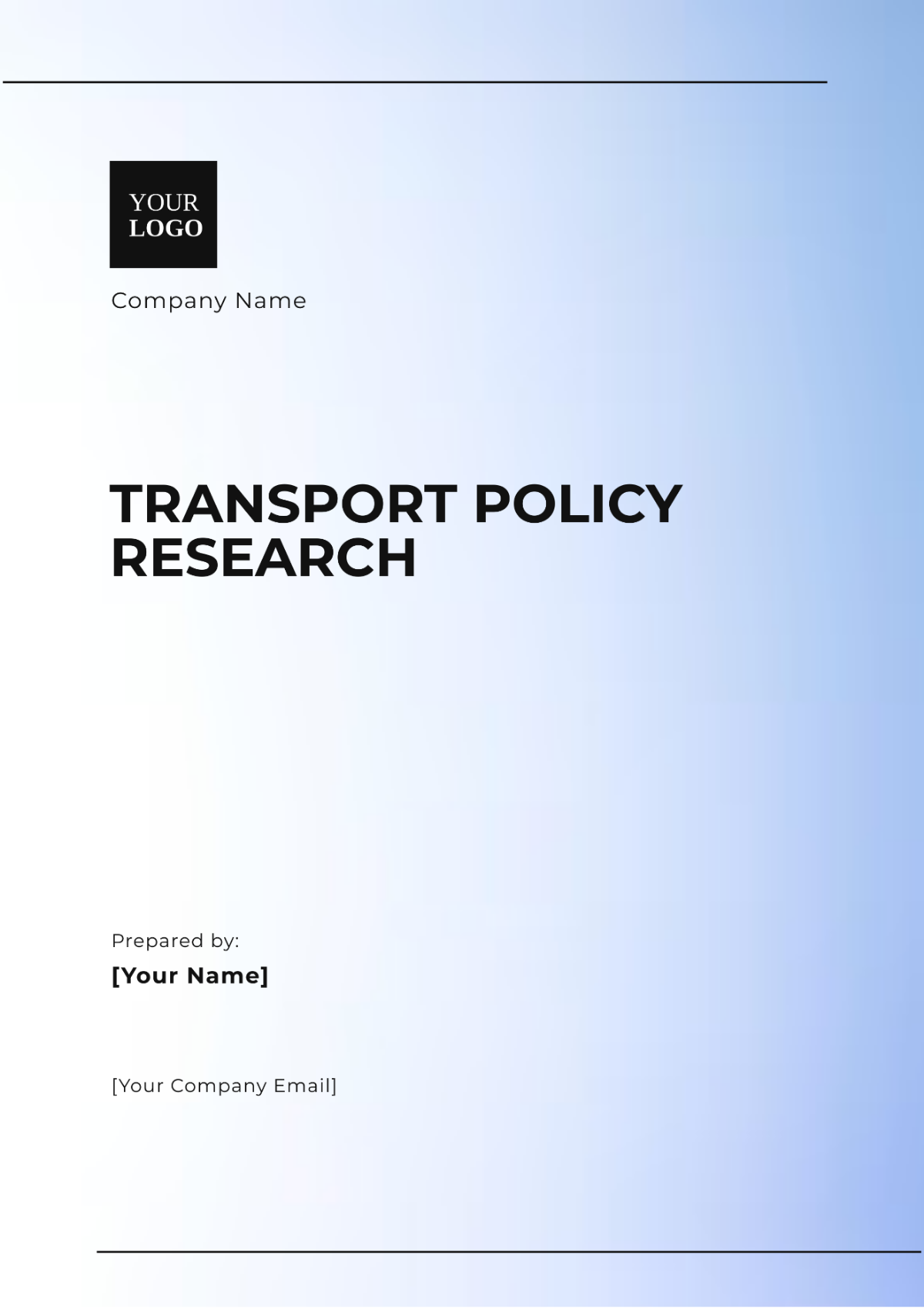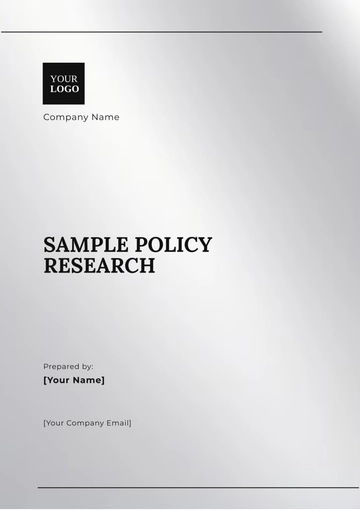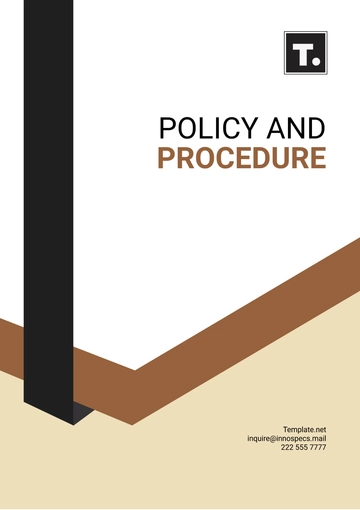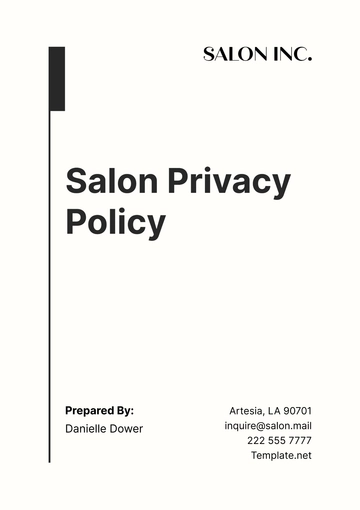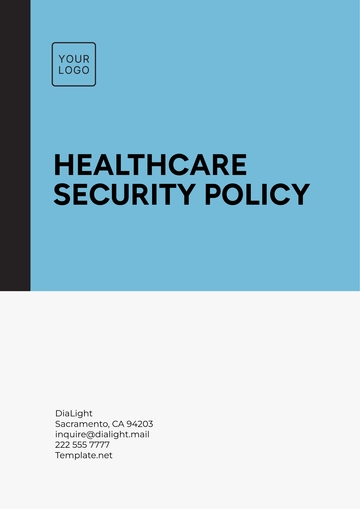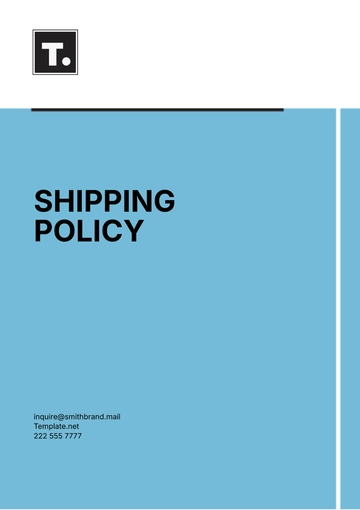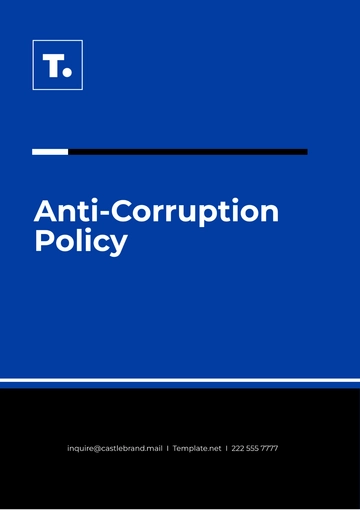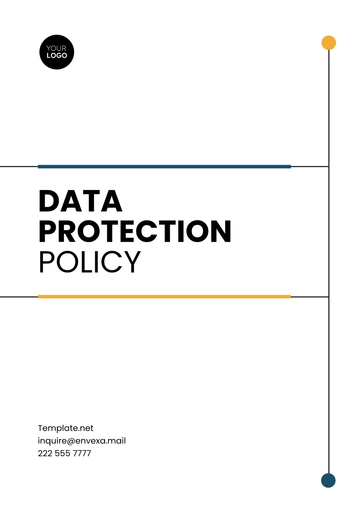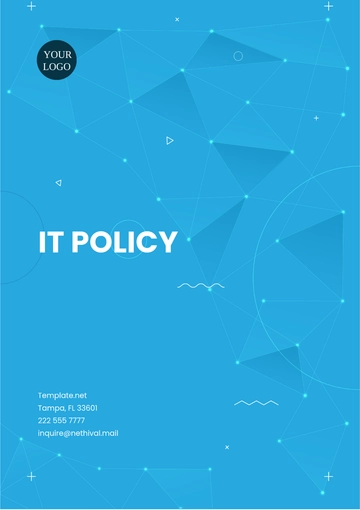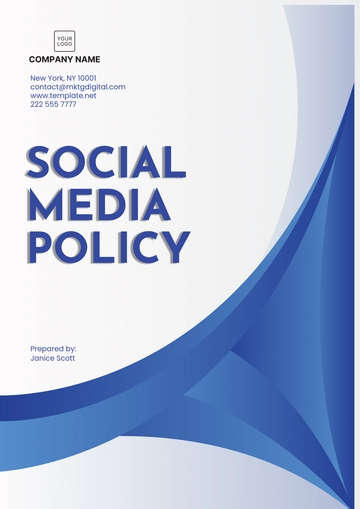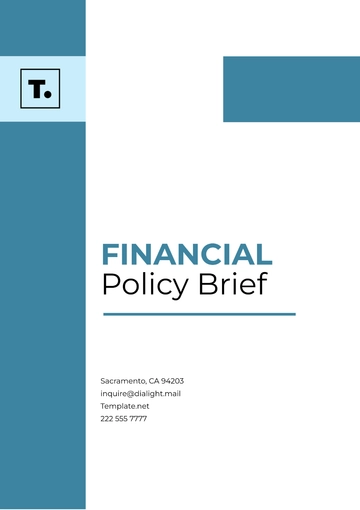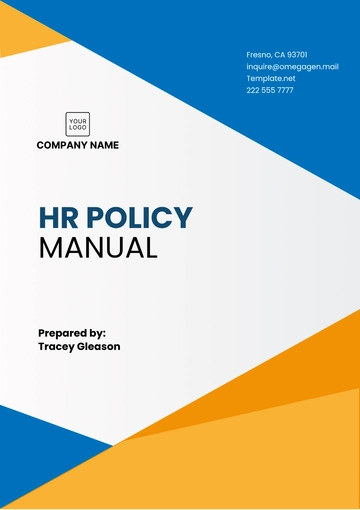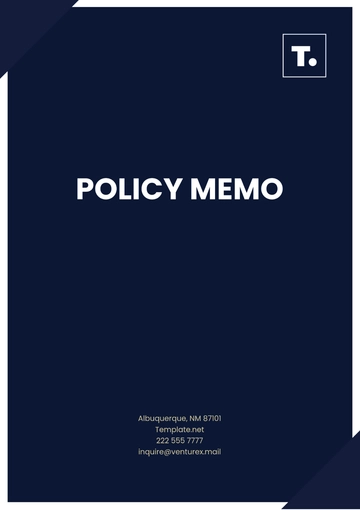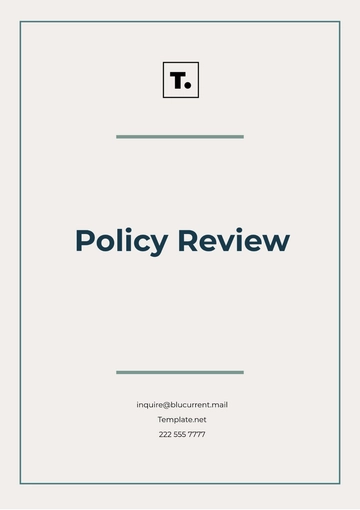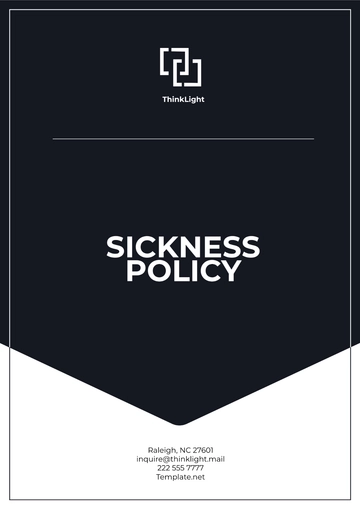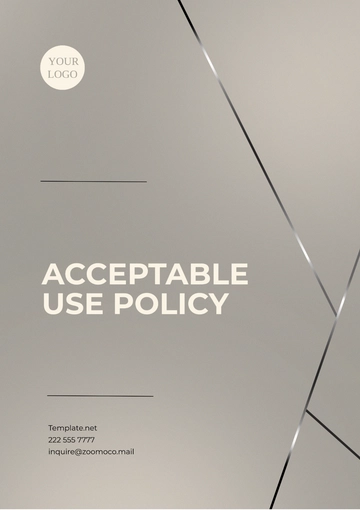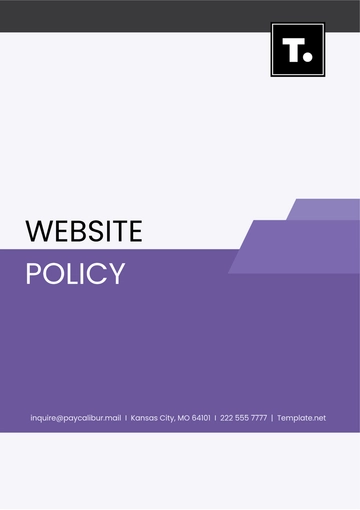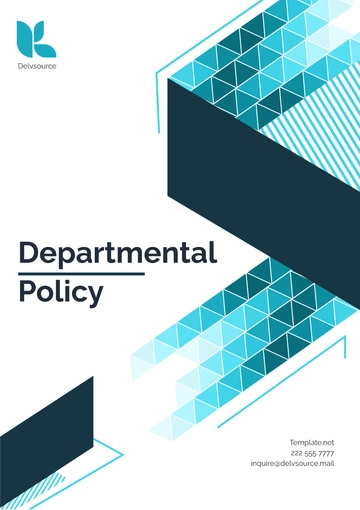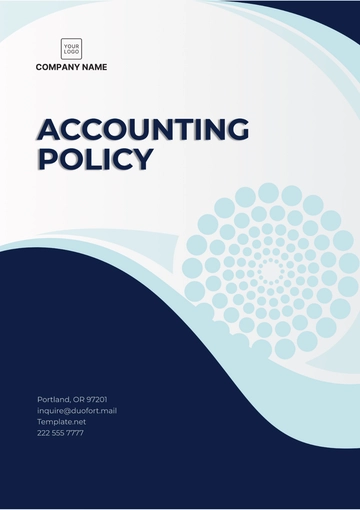Transport Policy Research
1. Introduction
Transportation policies play a crucial role in shaping the efficiency and sustainability of urban mobility. This research aims to evaluate current public transportation policies, assess their impact on environmental sustainability, and identify areas for improvement. By analyzing existing data, reviewing literature, and gathering insights from key stakeholders, this study seeks to provide actionable recommendations for enhancing transport infrastructure and policy effectiveness.
Researcher Name: [Your Name]
Contact Email: [Your Email]
Organization: [Your Company Name]
Company Address: [Your Company Address]
Website: [Your Company Website]
2. Research Objectives
Objective Number | Objective Description |
|---|
1 | To evaluate the effectiveness of current public transportation policies in reducing urban congestion. |
2 | To assess the impact of recent policy changes on environmental sustainability. |
3 | To identify gaps in the existing transport infrastructure and propose improvements. |
3. Literature Review
Source Number | Source Name | Summary of Findings |
|---|
1 | "Urban Transit Systems: A Comprehensive Review" | A study on various urban transit systems and their effectiveness in different cities. |
2 | "Environmental Impacts of Transportation Policies" | An analysis of how transportation policies affect environmental sustainability. |
3 | "Transport Infrastructure and Urban Development" | Research on the relationship between transport infrastructure and urban growth. |
4. Methodology
Methodology Component | Details |
|---|
Data Collection Methods | Surveys of public transit users, interviews with policy makers, and analysis of transit usage statistics. |
Data Analysis Techniques | Statistical analysis of survey data, thematic analysis of interview responses, and comparative analysis of usage statistics before and after policy changes. |
Sample Size and Demographics | Survey of 1,000 public transit users, interviews with 20 policy makers, and analysis of transit usage data from 5 major cities. |
5. Findings
Finding Number | Finding Description |
|---|
1 | Increased investment in public transit infrastructure correlates with reduced urban congestion.
 |
2 | Recent policy changes have led to a 15% reduction in carbon emissions from public transport.
 |
3 | Significant gaps exist in the coverage of public transit services in low-income neighborhoods.
 |
6. Recommendations
Recommendation Number | Recommendation Description |
|---|
1 | Increase funding for public transit infrastructure projects in high-density urban areas. |
2 | Implement policies to ensure equitable access to transit services in low-income neighborhoods. |
3 | Monitor and evaluate the long-term environmental impacts of policy changes to ensure continued sustainability. |
7. Conclusion
The research highlights the positive impact of well-designed public transit policies on urban congestion and environmental sustainability. However, further efforts are needed to address gaps in service coverage and ensure that all urban residents benefit from these improvements.
8. References
Reference Number | Full Citation |
|---|
1 | Smith, J. (2052). "Urban Transit Systems: A Comprehensive Review." Journal of Urban Transport Studies, 45(3), 123-145. |
2 | Johnson, L. (2053). "Environmental Impacts of Transportation Policies." Environmental Policy Review, 58(2), 67-89. |
3 | Lee, M. & Wang, X. (2054). "Transport Infrastructure and Urban Development." Urban Studies Review, 62(1), 45-67. |
Research Templates @ Template.net
